Trending Now
Thursday, Nov, 2024
Home / LIBERAL ARTS & ITS IMPACT ON INDIAN EDUCATION SYSTEM POST COVID-19
LIBERAL ARTS & ITS IMPACT ON INDIAN EDUCATION SYSTEM POST COVID-19
While 2020 is reaching towards its end, during...
 by Himani Verma /
by Himani Verma /  24 Dec 2020 19:18 PM IST /
24 Dec 2020 19:18 PM IST /  0 Comment(s) / 392
0 Comment(s) / 392
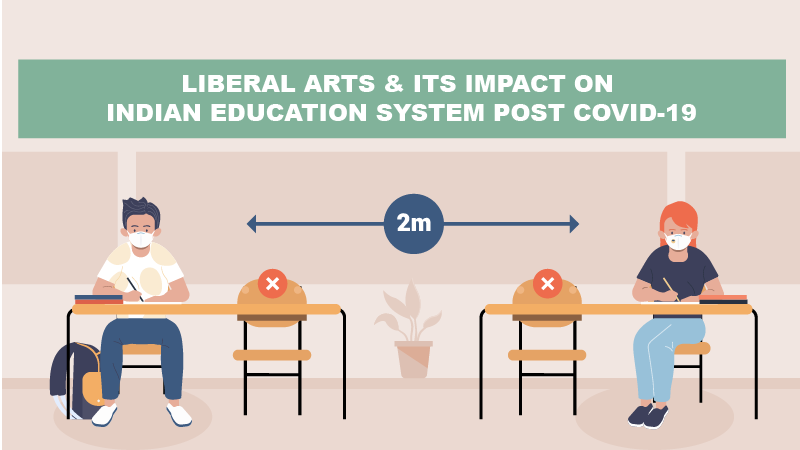
While 2020 is reaching towards its end, during the most unusual changes introduced by the COVID-19 pandemic, collaborators of the learning system are estimating the procedure ahead for the schooling department. However, no one can anticipate the future with perfect confidence, a comprehensive direction is emerging.
The Global pandemic and its repercussions have demonstrated over again that there is no specific solution to the complicated issues of the current situation. Various firms are performing their job for an additional hour to discover a Covid-19 vaccine, governments are implementing plans to vaccinate each citizen of India. The economy of the country is restoring despite huge provocation. The financial aid picture of India and the business figures of firms have been restructured, and presumption concerning efficiency reconsider. It is transparent that post-covid-19, the whole world will require solutions considering science, economics, mathematics, psychology, the arts and humanities, sociology, political systems along with human behavior completely. Every academy will have to adjust to this latest reality across education and research if they hope to stay relevant.
While this situation takes place, the Indian higher education system has experienced a paradigm move throughout the past decade. Since, a generic shape of learning, the nation is regularly moving to a collaborative shape of education that permits a student to learn universal disciplines and comprehends how they crisscross with one another. This systematic alteration is adjusted to get more expedite all through the forthcoming decade along with the introduction of the National Education Policy (NEP) 2020 which targets to change every Higher Educational Institutions (HEIs) to emerge as incorporative within 2040.
Additionally, the strategy also suggests the initiation of model public universities for comprehensive and multifaceted education, at face value with IITs, IIMs, etc., known as Multidisciplinary Education and Research Universities, (MERUs) intensified teachers and established liberty in backdrop subjects and as a segment of integrated education. All students across HEIs would be given chances for an apprenticeship in the local factory, trades, etc. along with research apprenticeship alongside faculty and researchers at their will or different HEIs. From the time of its declaration in August, the NEP has influenced conversation and was acknowledged for setting forth the latest observation for the education system.
What creates liberal arts and science education pertinent to the future is the significance of basic education over disciplines along with “teaching how to study”. As discussed in most of the global premier institutions, it introduces the custom of cognitive interest, analytical thinking, problem-solving, strong conveyance, incorporation, and flexibility. Concisely, post-COVID-19 global, this knowledge is vital to job providers because they confront complicated provocations that need workers to be productive and establish bonds that are not clear at first look. This kind of education system will specify the issues concerning unemployment within a massive ratio of Indian fresh graduates, which is uplifted by India Inc. for most years.
Thus, the extensive assumption of an interdisciplinary network of education in India will happen completely if the correct assets are allotted to it and performance is flawless. The NEP suggest that 6% of GDP be assigned to education, yet the aspiring estimates stated in the plans will need an extent of financing and control that may not be viably deprived of the involvement of the private department, that states for across 60% of every higher education institution within the nation. Luckily, most private-owned universities, comprising Ashoka University that acquired the lead, have previously formed important footsteps in the liberal arts and sciences scope throughout the past few years.
The emphasis of the whole higher education system must be on introducing advanced knowledge through the latest research, that needs a basic change in mentality. Universities may even require to fund in new areas such as Biotechnology, Artificial Intelligence, and Machine Learning because nowadays, technology has a significant and important character in each field.
Along with the NEP suggesting to lessen the significance of Indian board exams, we may even start to view a comprehensive education system yet also the beginning of an integrated college entry process that would assess students by their academic results. In an educational entry process, applicants are assessed on their degree of involvement with their education, school activities, and their distinct life struggles.
Those methods may certainly assure that every application is assessed in its distinct conditions. The old system of applying increased cut-offs to choose students will become a past act. It is so far being performed in the nation. Such as, Ashoka University is accompanied by this method from the time of its initiation because they trust that educational performance is not the only index of excellence and perspective.
As the new age Indian education system starts, it is promoting to view that the mentality of Indian plan makers currently is in sync along with the needs of the 21st century, and there is a translucent purpose to employ India's statistical return for the socio-economic growth of India.
Consequently, the Indian government has introduced an e-learning program. Most ed-tech organizations have attempted to support the situation by providing free online classes or exciting reductions on e-learning modules. These calculations have been encountered with good feedbacks by students along with few associations validating as increased as 25% enhancement in e-learning. Remote education looks like a practical solution to most students at this time because they provide an easy, lively, and reasonable approach to online lessons. E-learning also emerges as an attractive and reciprocal choice than the classroom education system.
Though, Covid-19 has evoked experts to reimagine the traditional system of learning. Digital education happens to be a practical solution to complete the emptiness for classroom education for a time of either three or four months. During reducing the opportunity of any contagion to students till classes restart. Most probably, it has also conducted the hitherto peripheral problems of digital learning in India to the core phase. Moving forward, digital learning is probably to be consolidated toward conventional education. This will allow overall learning by accelerating education throughout various geology in India. Also, it will offer a chance for learners to emerge along with personalized studying solutions for each student.

Blog / February 11, 2024
Mastering Spoken English: A Journey Through Real-Life Conversations
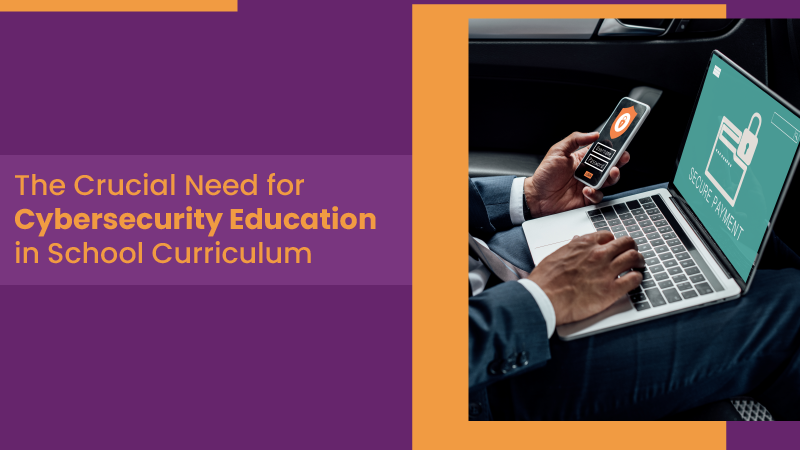
Blog / January 19, 2024
The Crucial Need for Cybersecurity Education in School Curriculums
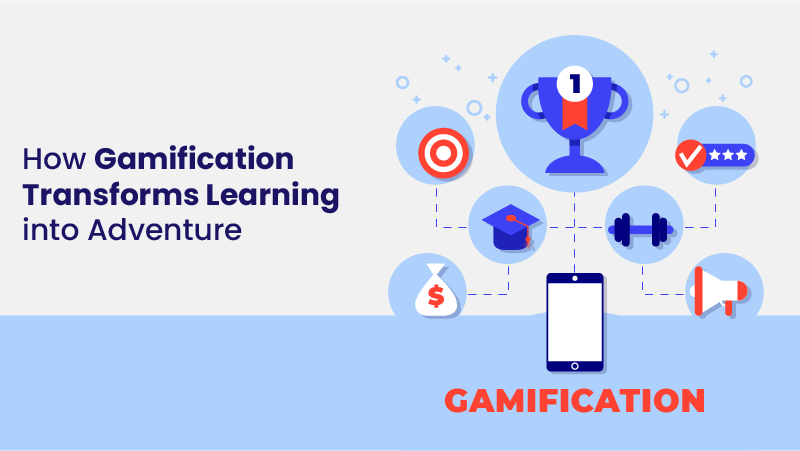
Blog / December 19, 2023
How Gamification Transforms Learning into Adventure
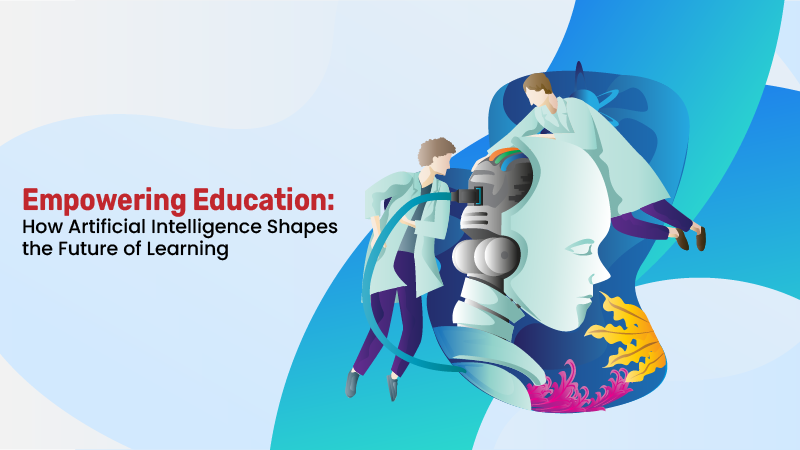
Blog / December 01, 2023
Empowering Education: How Artificial Intelligence Shapes the Future of Learning
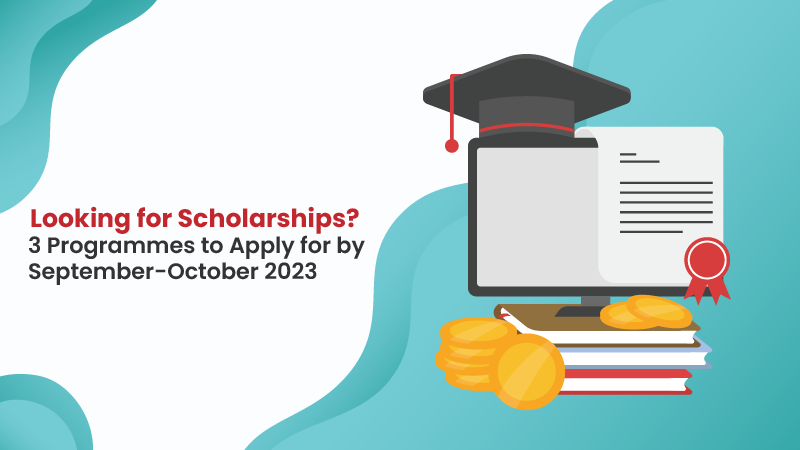
Blog / September 10, 2023
Looking for Scholarships? 3 Programmes to Apply for by September-October 2023

Blog / May 11, 2023
Top 10 Career Choices for Generation Z
EShort / February 16, 2024
IMS Noida Admissions 2024: Apply for UG, PG programmes
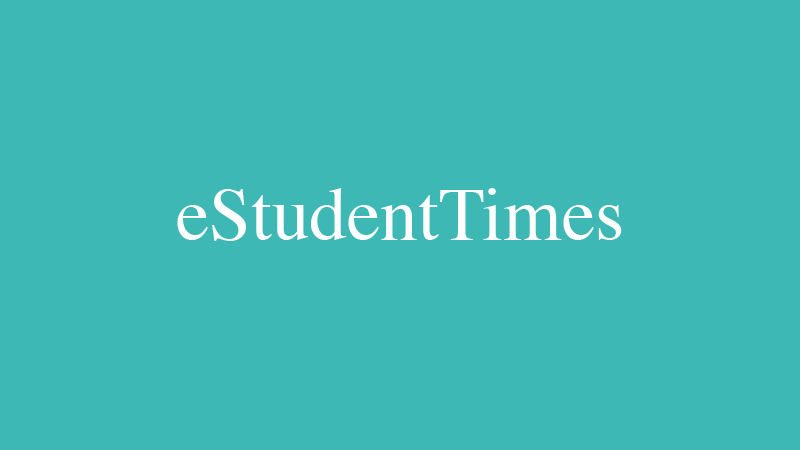
EShort / February 16, 2024
GATE 2024: Response sheet out
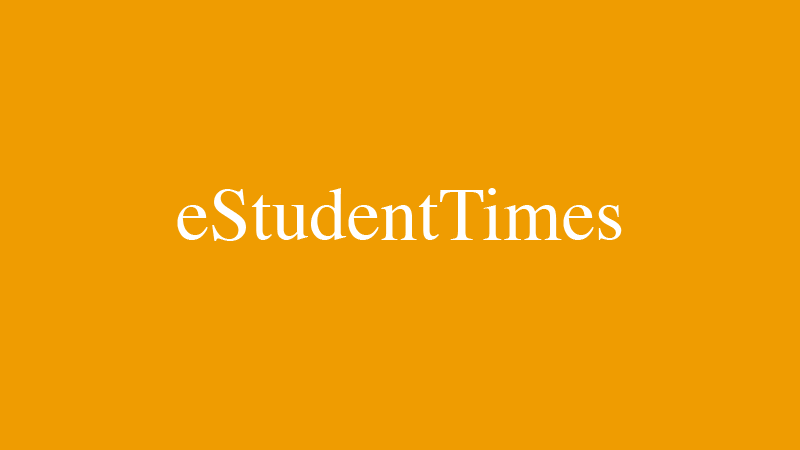
EShort / February 16, 2024
BSSTET 2023: Admit card released
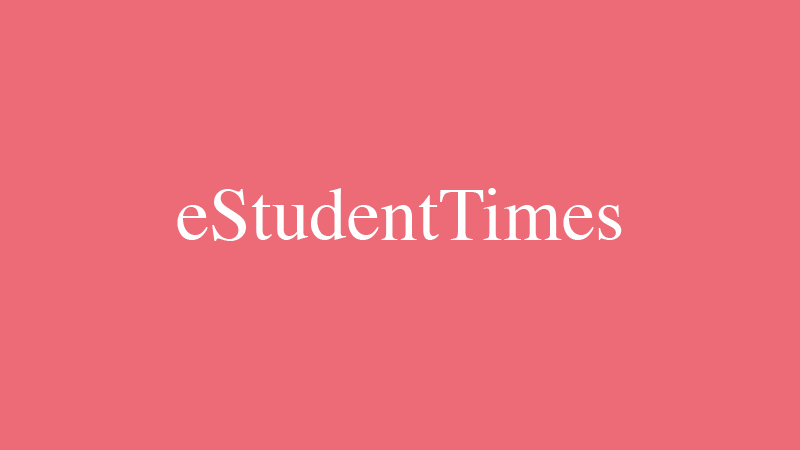
EShort / February 16, 2024
NID DAT 2024: Prelims result released
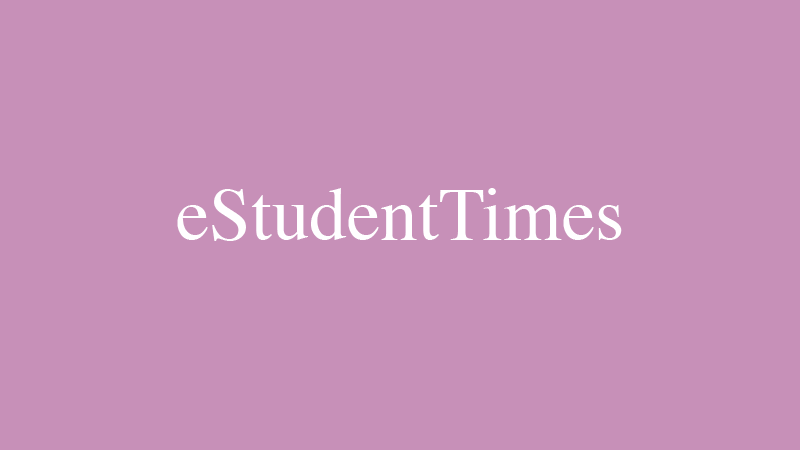
EShort / February 16, 2024
IIT JAM 2024: Response sheet released
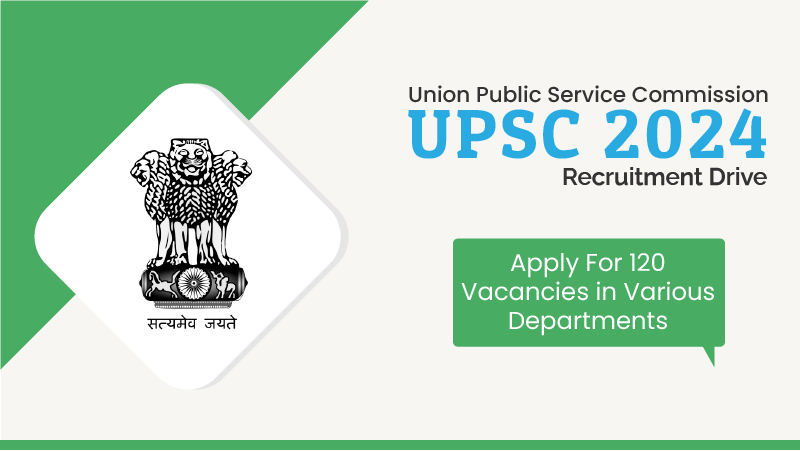
Jobs / February 16, 2024
UPSC Recruitment Drive 2024: Apply for 120 vacancies in various departments
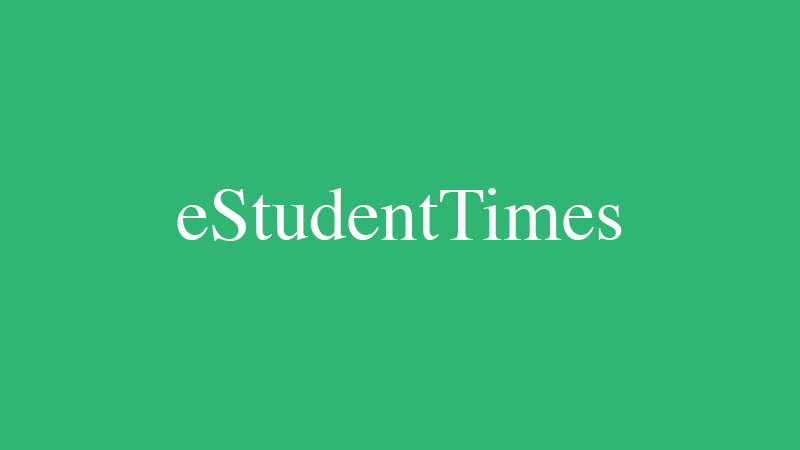
EShort / February 14, 2024
UPSC CSE 2024: Official Notification issued; application process begins
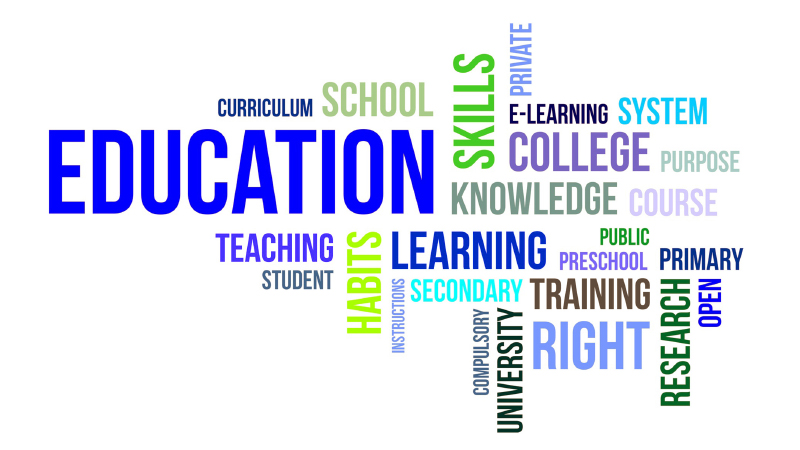
Editor's Desk / April 17, 2020
How Does Society Impact Our Education?
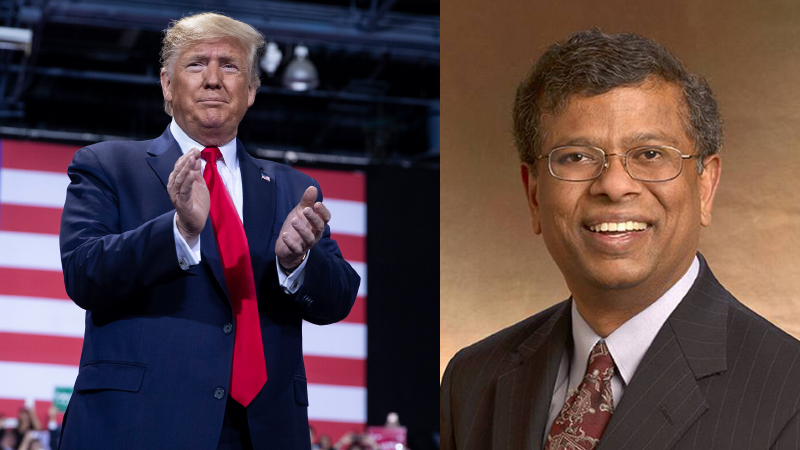
Current Affairs / April 22, 2020
Mr. Sudarsanam Babu appointed to U.S. Science Board.
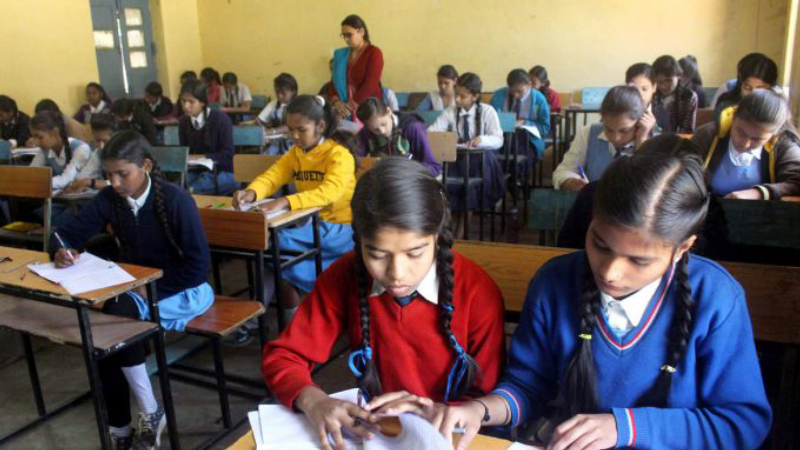
Reforms / April 17, 2020
Traditional Structure of Education In India
.jpg)
Events & Seminars / April 17, 2020
PISA!!
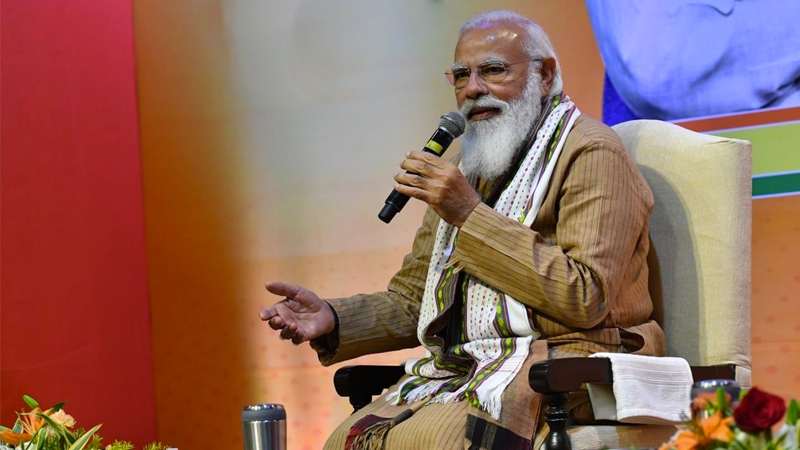
Blog / February 26, 2021
Government's Action On #ModiRojgaarDo
EShort / May 19, 2022
CUET PG 2025 has started the registration process.
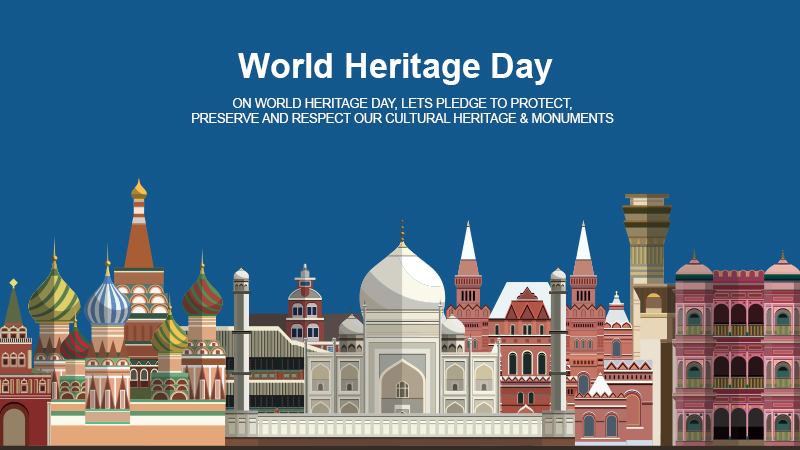
Notice Board on Important Dates / April 21, 2020
World Heritage Day
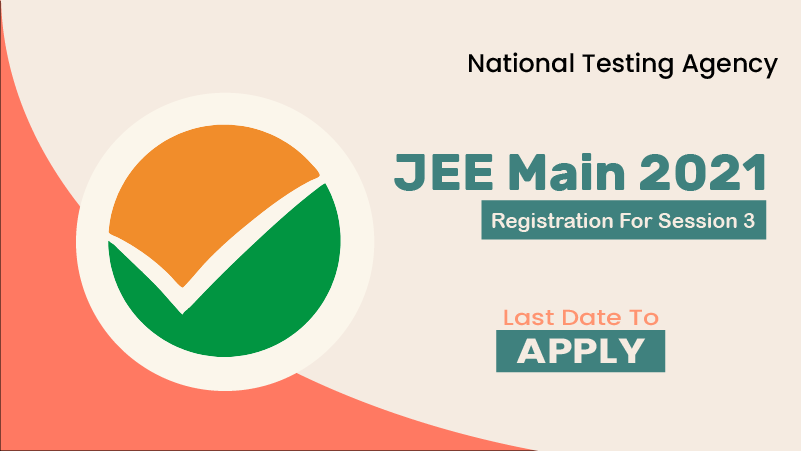
News / July 08, 2021
JEE Mains Registration For Session 3: Last Date To Apply
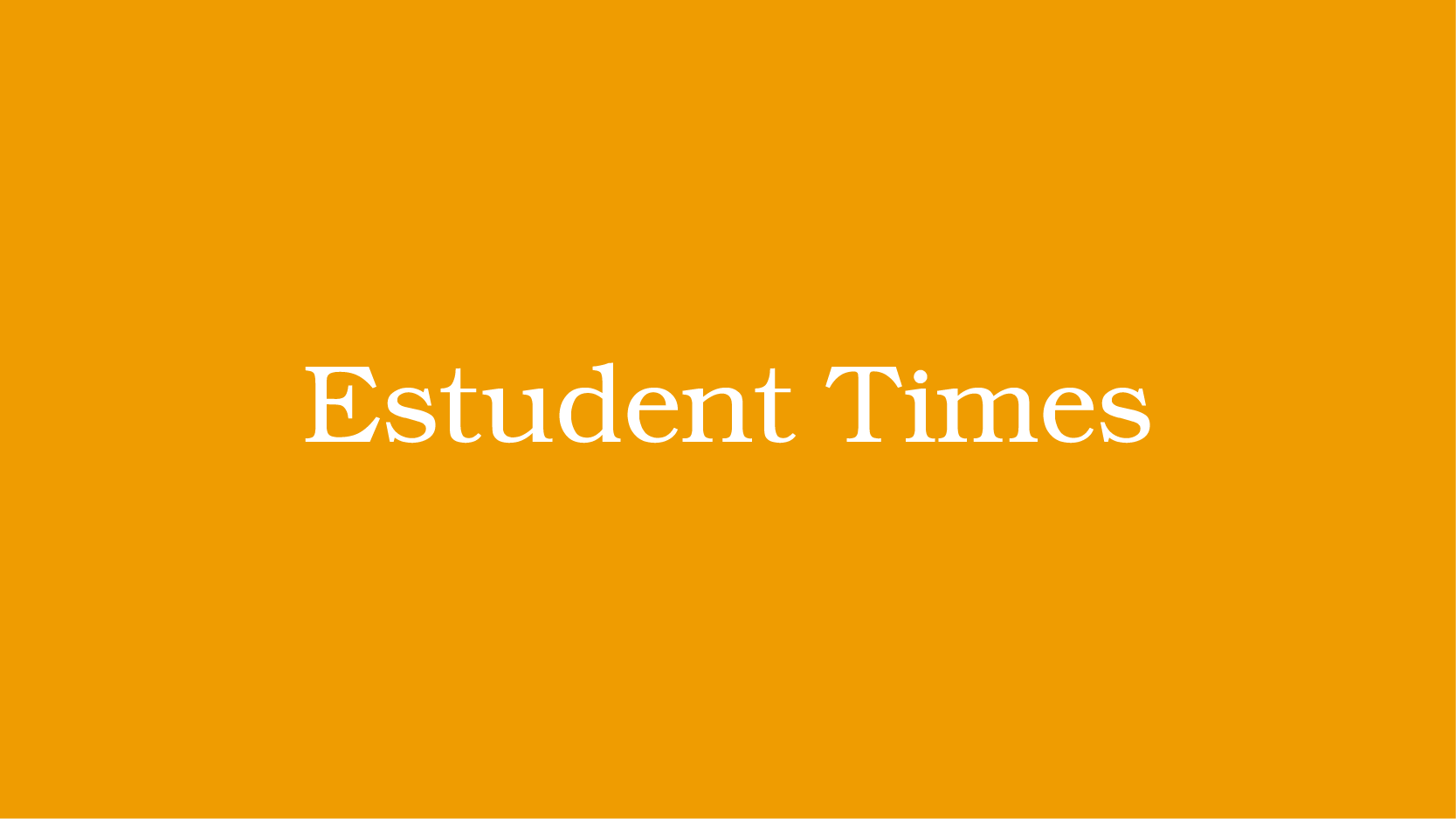
EShort / December 14, 2021
UPSC Declared Final Result For DCIO Recruitment
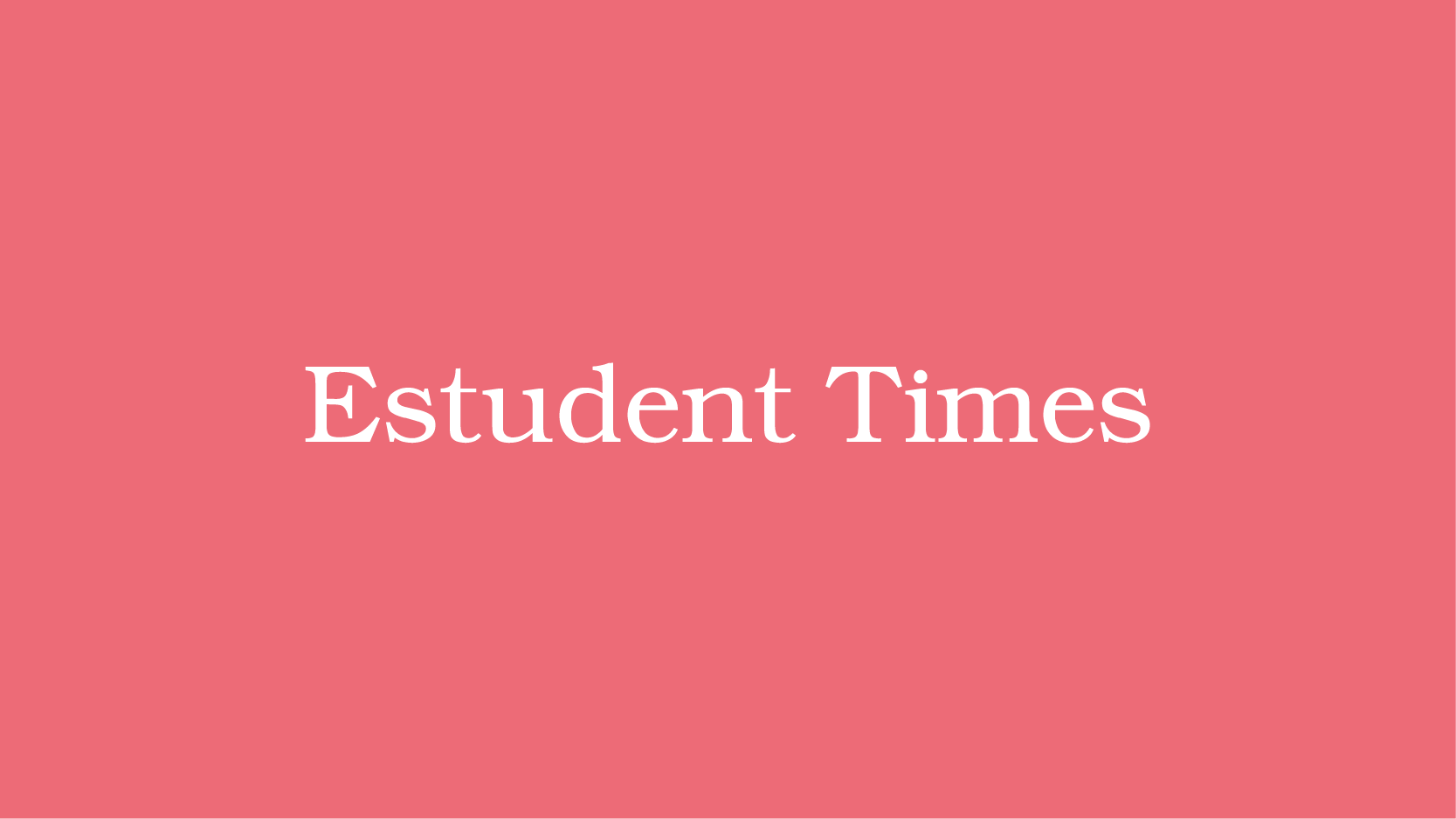

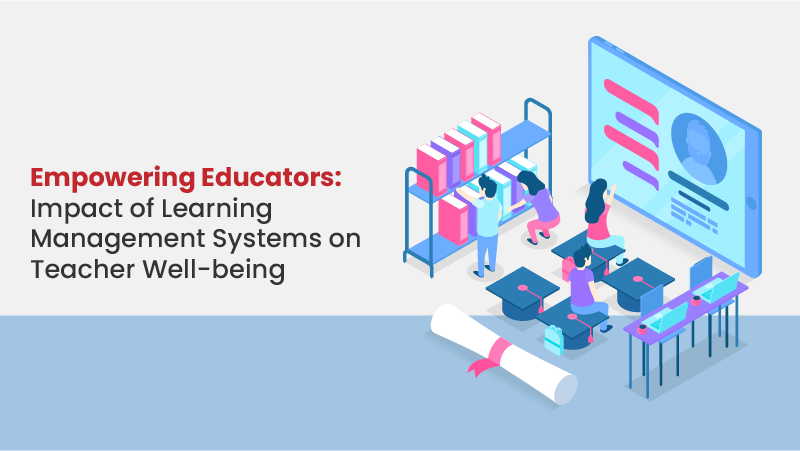
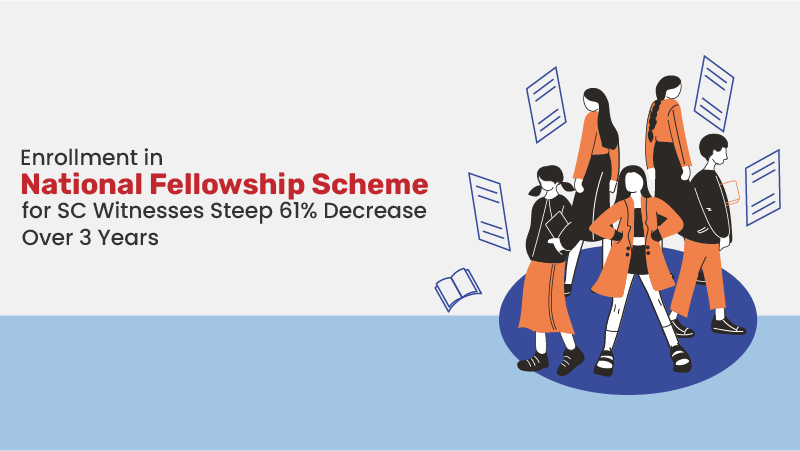

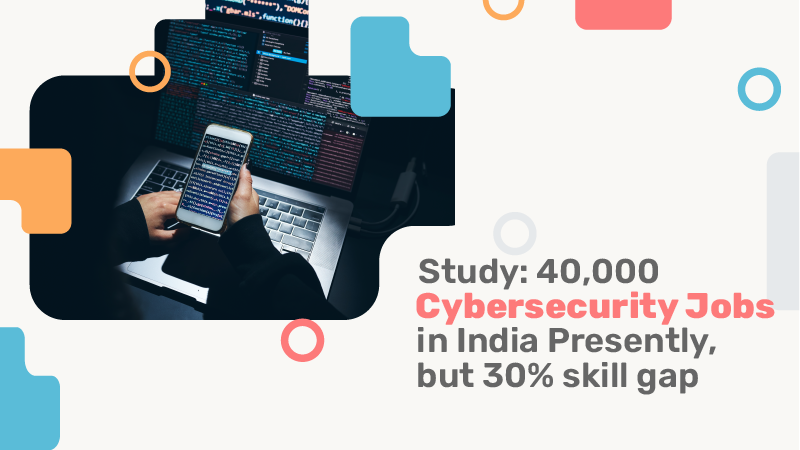


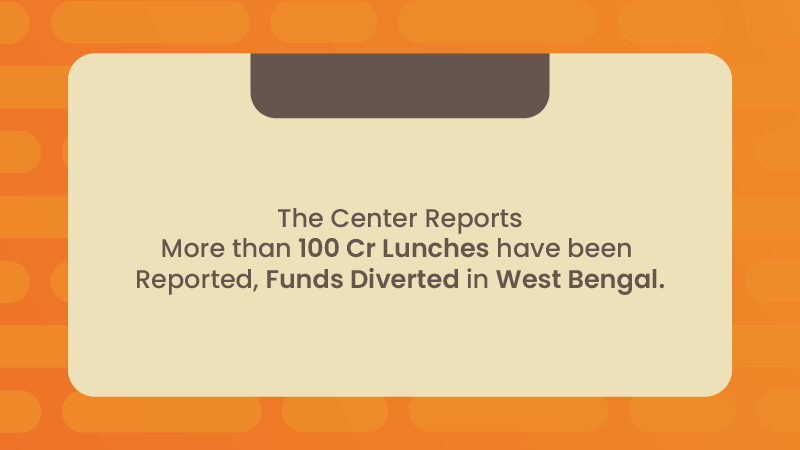
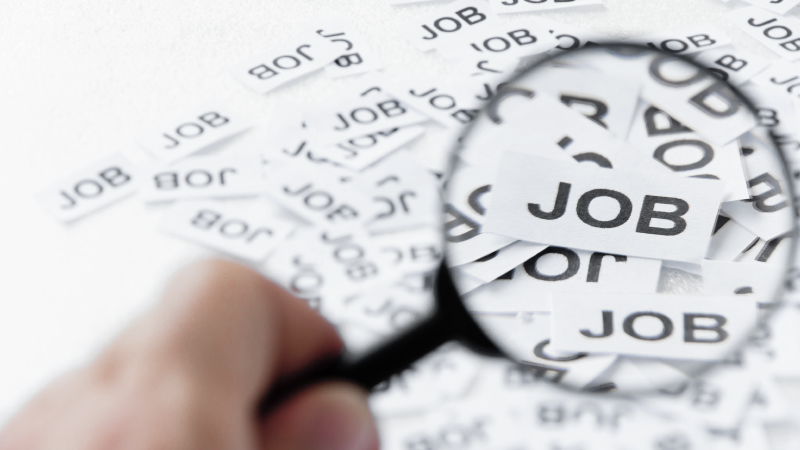
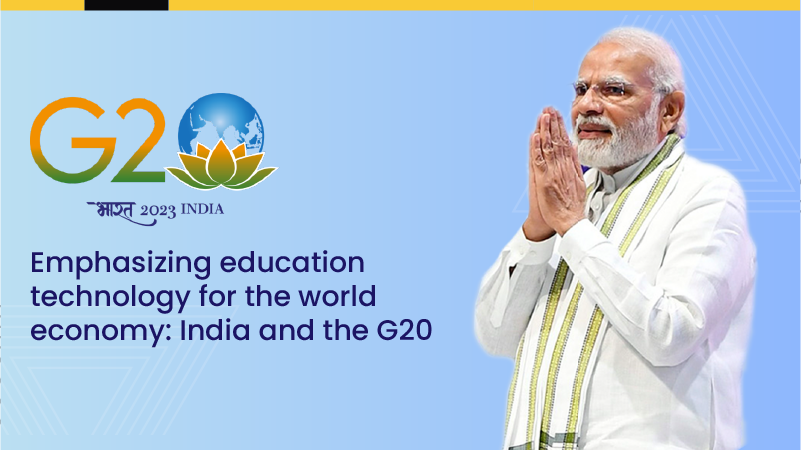

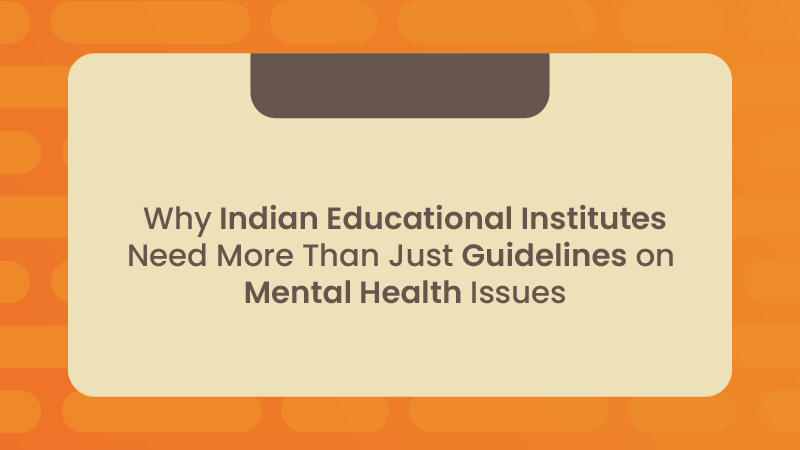

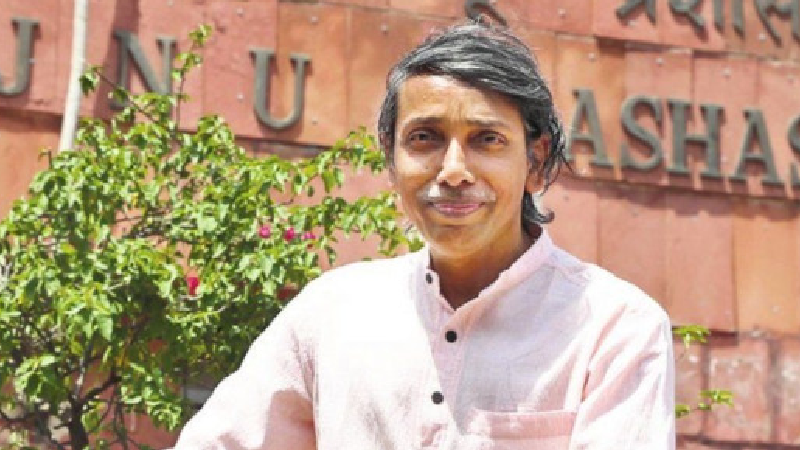
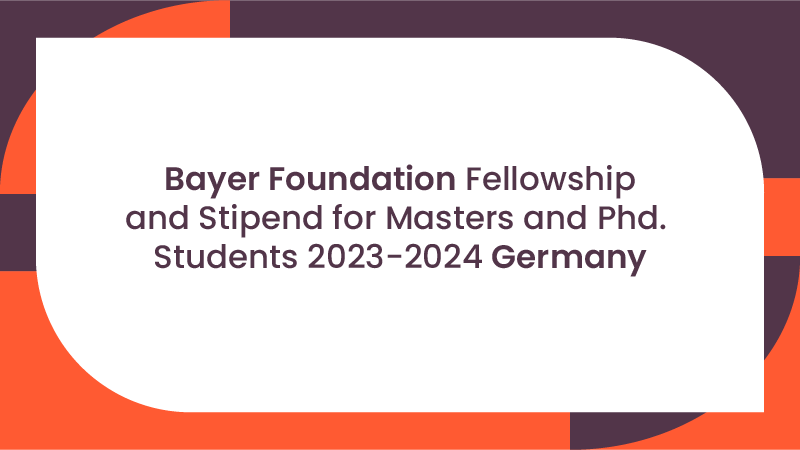
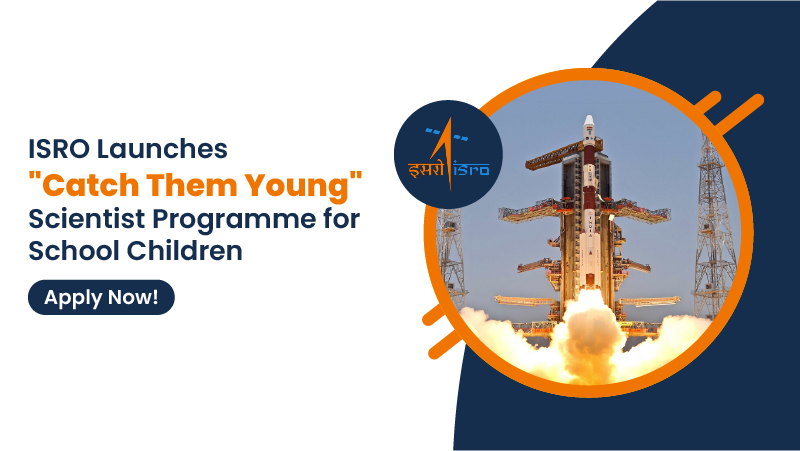
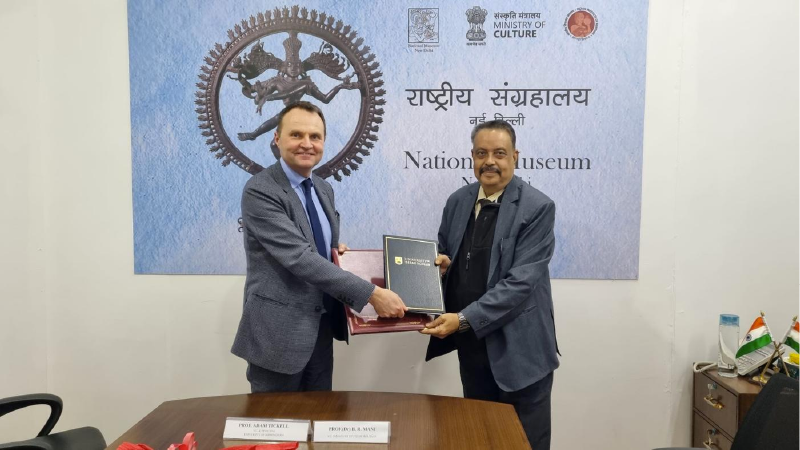
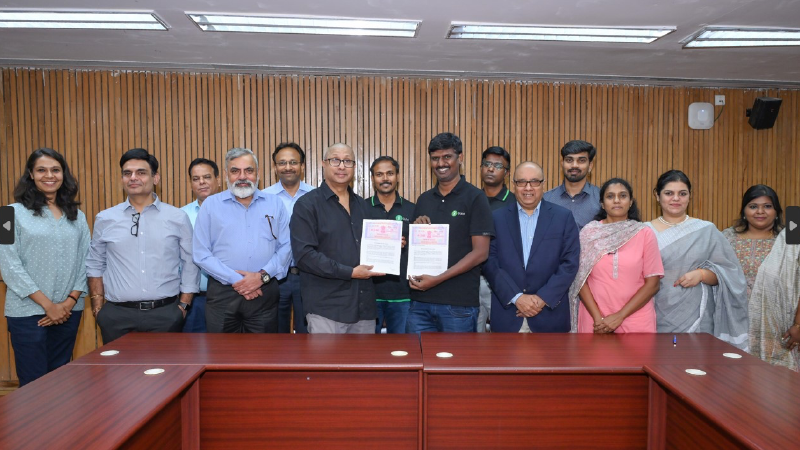
0 Comments
Post Comments